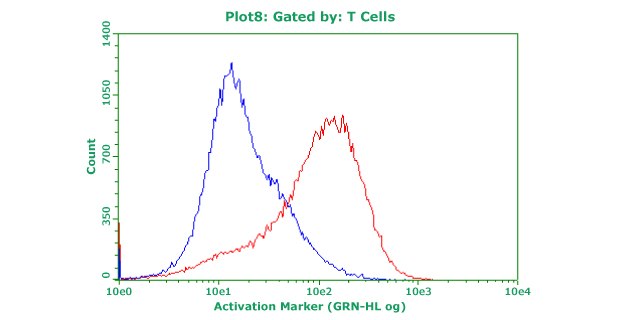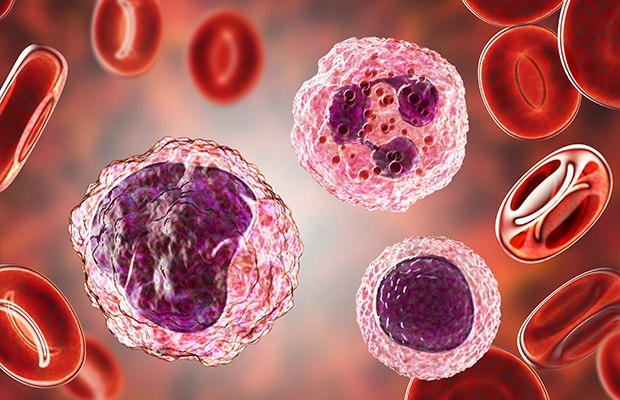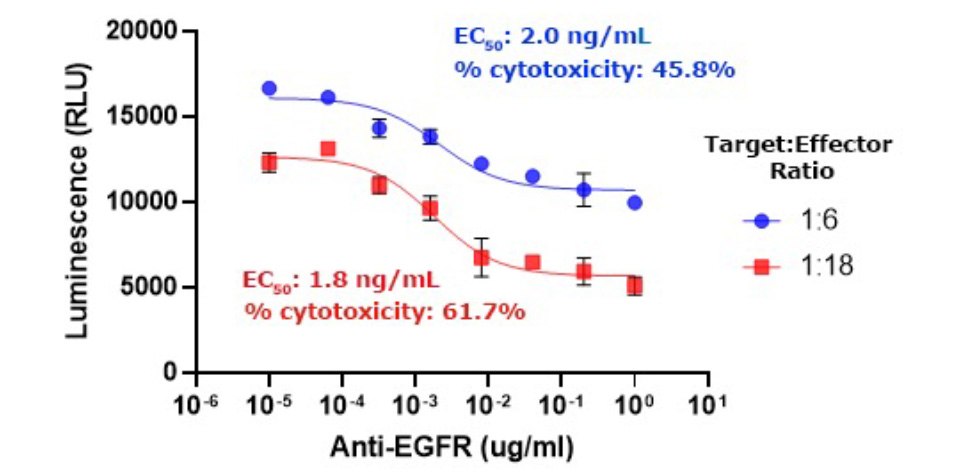Peripheral Blood Mononuclear Cells (PBMCs) and Immune Cell Subsets
We now offer, through a partnership with BioIVT, a comprehensive portfolio of ready-to-use normal and disease state peripheral blood mononuclear cells (PBMCs) as well as a wide variety of immune cell subtypes. These pre-isolated immune cells can be selected based on a number of donor criteria to meet your needs. From basic research to drug discovery, biotherapeutic development, and translational studies, we provide reliable access to immune cells isolated from a wide variety of donors.
- Cryopreserved; ready when you need them
- Normal and disease state PBMCs
- Wide range of immune cell subsets including B cells, T cells, and NK cells
- Fully characterized to meet study-specific inclusion and exclusion criteria
- HLA typing available for many cell types
- Collections conducted under IRB-approved protocols - full documentation available
- Potential to recall donors if additional sample is required
- Guaranteed purity, sterility, and yield
Features & Benefits

Frozen PBMCs were thawed into culture media and activated with anti-CD3 and anti-CD28 antibodies. Cells were then stained with fluorescent antibodies for CD25. Blue: no activation. Red: with activation.
Cryopreserved for Convenience
Our cryopreserved PBMCs and immune cells offer a convenient, functional alternative to fresh cells. These cells can be stored in the freezer until needed, enabling you to plan your experiments in advance. Our PBMCs and immune cell subsets have demonstrated viability and functional response, enabling use in most applications. Read our technical article to learn more about cryopreserved PBMC and immune cell:
- Viability
- Activation
- Phenotype
- Composition
- Response

Eliminate Sample Preparation and Focus on Your Research
Peripheral blood mononuclear cells give selective responses to the immune system and are key players in immunity. Consisting of lymphocytes (T cells, B cells, NK cells) and monocytes, these immune cells can be isolated from peripheral blood by density gradient centrifugation following collection of whole blood samples from donors. Such isolation protocols can be tedious, time-consuming, and require donor availability. Pre-isolated immune cells support faster results with less time spent on sample preparation, allowing you to concentrate on your assays.
Got questions about immune cells and PBMCs? Learn more about culturing these cells with our frequently asked questions technical article.
Study-Specific Criteria and Characterization

BioIVT immune cells are highly characterized to meet your study-specific inclusion and exclusion criteria.
Donor demographics:
- Age
- Sex
- Race/ethnicity
- Medical history
- Disease characterization
- Treatments or therapies
- Patient outcomes
Select Peripheral Blood Mononuclear Cells and Immune Cell Subsets
Key Applications

ADCC assay using A549 target cells expressing a luciferase reporter gene, frozen BioIVT NK effector cells, and anti-EGFR antibody. A luciferase assay was used to measure target cell killing.
- ADCC and T cell-killing assays
- Immunogenicity assays
- Screening assays
- Drug toxicity studies
- Immune regulation studies
- Vaccine, cell therapy, and immunotherapy development
Request Information
Fill out our form below to request specific donor demographics or other criteria.
如要继续阅读,请登录或创建帐户。
暂无帐户?